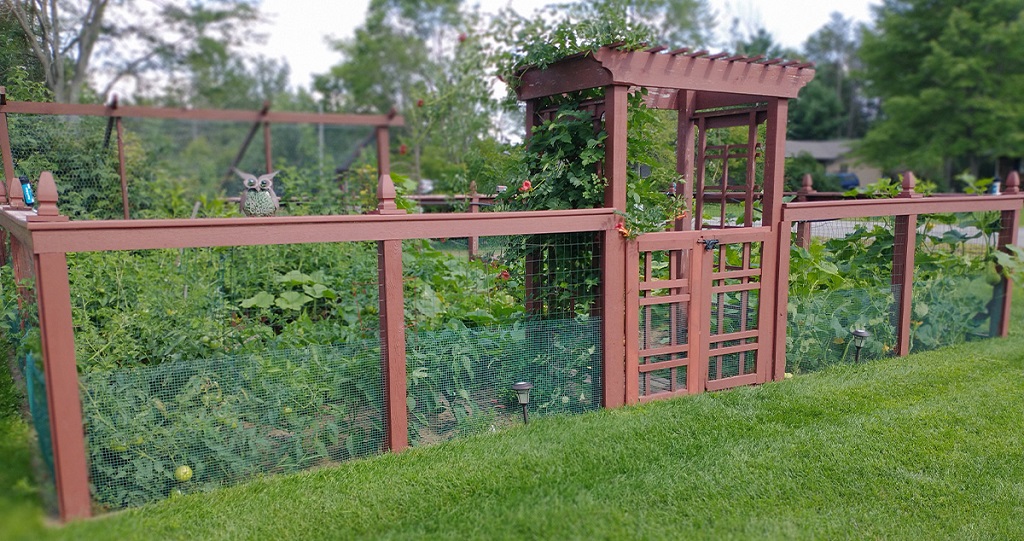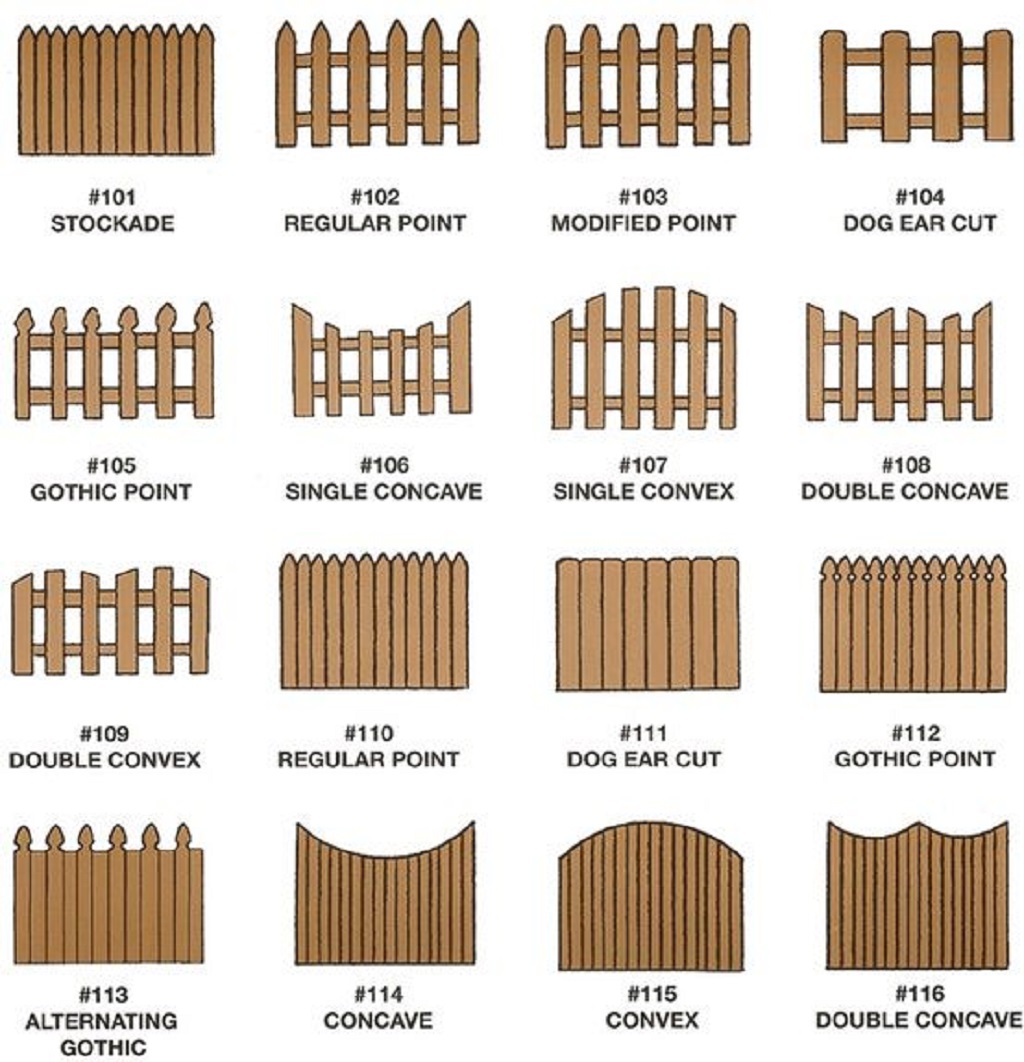If you’ve ever been intrigued by the elegance and skill of swordplay, fencing might just be the sport for you. Fencing is not only a physically demanding sport but also an art that Fence for Beginners requires precision, strategy, and mental agility. If you’re a beginner looking to dive into the world of fencing, this article will guide you through the essential steps to get started. Let’s embark on this journey with the spirit of a novice, ready to learn and excel. The article is written by Hatchettgardendesign.com.
Understanding the Basics of Fencing
Are you looking to explore the world of outdoor living and home gardening? If you’re a beginner eager to delve into the art of landscaping and horticulture, you’re in the right place. In this guide on how to fence for beginners, we’ll not only teach you the fencing basics and techniques but also touch upon ways to make a simple garden. Stepping into the realm of fencing doesn’t just involve mastering the skills to protect your space; it’s also about enhancing the overall aesthetic of your outdoor area. Whether you’re interested in fencing to demarcate your garden, protect your flower beds, or simply add a touch of elegance to your landscape, this comprehensive guide will equip you with the knowledge you need. Expert tips and insights await you as you embark on this journey to create a secure and beautiful outdoor space. So, let’s dive into the world of fencing and learn how to make a simple garden along the way.
Choosing Your Weapon
Before you can begin practicing, you need to choose the weapon that resonates with you the most. Foil, epee, and sabre each have their unique characteristics and strategies. Take your time to explore and select the one that aligns with your preferences. Once you’ve chosen your weapon, you can discover how to fence a garden using the same skills and techniques!
Essential Gear and Attire
Fencing requires specific protective gear to ensure your safety during bouts. This includes a mask, jacket, plastron, glove, and appropriate footwear. Understanding the purpose of each piece of equipment is vital to your comfort and protection.
Footwork and Body Mechanics
Mastering footwork is the foundation of fencing. Learning how to move gracefully while maintaining balance and control is essential. Practice different types of lunges, advances, and retreats to develop agility and precision.
Gripping the Weapon
The way you grip your weapon can greatly influence your control and accuracy. Experiment with different grips to find the one that offers the best balance between flexibility and control.
Basic Attacks and Defense
Understanding the basics of attacking and defending is crucial. Learn fundamental attacks like the thrust and lunge, as well as defensive techniques like parrying and counterattacks. Combining these skills will make you a well-rounded fencer.
Mental Strategy and Focus
Fencing is as much a mental game as it is a physical one. Developing the ability to read your opponent, anticipate their moves, and react swiftly is a skill that takes time to cultivate.
Practicing with Partners
Regular practice with partners of varying skill levels is essential for improvement. Engaging in practice bouts allows you to apply your skills in a dynamic environment and learn from your mistakes.
Learning from Mistakes
In fencing, losses are opportunities for growth. Analyze your mistakes and shortcomings, and work on improving them. Embrace challenges as chances to become a better fencer.
Staying Physically Fit
Fencing demands a high level of physical fitness. Incorporate cardio, strength training, and flexibility exercises into your routine to enhance your overall performance.
Participating in Competitions
As you gain confidence and skill, consider participating in local fencing competitions. Competing exposes you to different fencing styles and strategies, contributing to your growth as a fencer.
Finding a Mentor or Coach
Having a mentor or coach can accelerate your learning curve significantly. Their guidance, feedback, and expertise can help you refine your techniques and strategies.
The Art of Fencing: Precision and Grace
Fencing is not just about winning; it’s an art that demands precision, control, and grace. Embrace the elegance of the sport as you continue to hone your skills.
Building Sportsmanship and Camaraderie
Fencing is also about building connections with fellow fencers. Respect, sportsmanship, and camaraderie are values that enrich your experience in the fencing community.
Conclusion
Embarking on your fencing journey is an exciting and rewarding endeavor. Remember, progress takes time, dedication, and patience. Embrace the challenges, celebrate the victories, and let the art of fencing become a part of your identity.
FAQs
Is fencing a safe sport for beginners?
Fencing is safe when practiced with proper gear and under the guidance of experienced coaches.
Can I start fencing as an adult beginner?
Absolutely! Fencing is a sport that can be enjoyed by people of all ages and skill levels.
Do I need to be exceptionally fit to start fencing?
While a basic level of fitness is helpful, fencing itself will help you improve your fitness over time.
Is fencing an expensive sport to pursue?
The cost of fencing equipment can vary, but many clubs offer rental options for beginners.
How long does it take to become proficient in fencing?
Becoming proficient in fencing varies from person to person but with consistent practice, progress is achievable.









